You’ve probably noticed that classic fiction stories are getting a resurgence. On both stage and screen, stories are being retold and reimagined for our viewing pleasure. From Little Women the movie directed by Greta Gerwig to Dev Patel’s performance in The Personal History of David Copperfield, this is the perfect time to return to the classics. Check out our top five classic fiction books and let us know your favourites.
Les Misérables – Victor Hugo
As one of the longest novels ever written, Les Misérables might not be the top of your reading list. But it should be. In terms of classic literature, this French novel lays out a journey for us to follow, a journey with, as described by Hugo himself as ‘the hydra at the beginning, the angel at the end.’
“Even the darkest night will end and the sun will rise.”
Victor Hugo, Les Misérables
The story of Les Misérables is set in Paris between 1815 and 1832 and tells of the lives of several people struggling in poverty against the backdrop of the lead up to the Paris Uprising/Rebellion. The characters’ lives all intersect and the core relationships each explore significant parts of the human experience. Abridged versions of the story prioritise plot, but the original includes Hugo’s in-depth philosophical essays on themes of morality.
Pride and Prejudice – Jane Austen
Pride and Prejudice is a novel of manners. A real love story, clothed in layers of comedy, and of course the two vices in the book title. It explores the difference between real and superficial good, with the help of a spirited family of women as they seek a financially stable future. This classic text, like most in our list, has had numerous adaptations and retellings, including the 2005 film with Keira Knightley and Matthew Macfadyen as Elizabeth and Mr Darcy.
“Could there be finer symptoms? Is not general incivility the very essence of love?”
Jane Austen, Pride and Prejudice
One of the main reasons that Pride and Prejudice is such a favourite classic novel is thanks to the brilliant Elizabeth Bennet. Read our post on how to be more Elizabeth Bennet here. Featuring strong female leads with bold affirmations and strength of mind, we still look to Jane Austen’s best books today for guidance and inspiration in our modern lives.
Oliver Twist – Charles Dickens
Oliver Twist follows the life of a workhouse-born boy who is sold out of the workhouse and eventually escapes to London to make a new life. He falls in with a group of pickpockets, led by the cruel criminal Fagin. Throughout Oliver’s journey, Dickens exposed the criminal underworld and the lives of what was described by the wealthy as ‘the underclass’. Oliver, with more than a streak of luck and sacrifice along the way, is saved and raised by a long-lost family friend. However, those who cannot escape their fate are scattered to suffer various ends.
“There are some promotions in life, which, independent of the more substantial rewards they offer, acquire peculiar value and dignity from the coats and waistcoats connected with them. A field-marshal has his uniform; a bishop his silk apron; a counsellor his silk gown; a beadle his cocked hat. Strip the bishop of his apron or the beadle of his hat and lace; what are they? Men. Mere men. Dignity, and even holiness too, sometimes, are more questions of coat and waistcoat than some people imagine.”
Charles Dickens, Oliver Twist
Dicken’s candid criticism of 19th-century society will not be forgotten anytime soon. In fact, a lot of his condemnation of the distribution of wealth (or lack of) along with the treatment of the poorest of society is still referenced today. It is clear that a lot has changed since the 1800s, but inequality in our society is still rife, and the classic stories of Dickens sadly continue to be relevant.
Invisible Man – Ralph Ellison
Not to be confused with H. G. Wells’ The Invisible Man, Ralph Ellison’s novel explores the concept of social invisibility in the states in 1945. The narrative is of an African-American trying to navigate a world in which his opportunities are scarce and several forms of an uprising are imminent. Introduced to the narrator in an underground hideout, he takes us back to his teenage years.
“I am an invisible man. No, I am not a spook like those who haunted Edgar Allan Poe; nor am I one of your Hollywood-movie ectoplasms. I am a man of substance, of flesh and bone, fiber and liquids — and I might even be said to possess a mind. I am invisible, understand, simply because people refuse to see me.”
Ralph Ellison, Invisible Man
We learn about how he earns a scholarship to study at an all-black college, his battle between being outspoken and challenging to subservient and voiceless, right up to how to ends up physically hiding from society. Ellison’s Invisible Man discusses a variety of race-related subjects including black nationalism and police brutality. His poetic narrative and experimental delivery of the story does not take sides or speak in protest. His observational writing is accessible and especially relevant in today’s politically-charged climate.
The Great Gatsby – F. Scott Fitzgerald
A story that is often misinterpreted as a forbidden romance, The Great Gatsby is really a tragedy, exploring moral corruption, decadence, obsession, and the disillusionment of the American Dream. The story, set in the 1920s during prohibition, is often considered the ‘Great American Novel’. The book takes a look into the lives of the upper classes and one man’s search for something unattainable.
“I was within and without, simultaneously enchanted and repelled by the inexhaustible variety of life.”
F. Scott Fitzgerald, The Great Gatsby
The unusual narrative of Nick Carraway tells Jay Gatsby’s story in a disjointed, highly biased manner. Truth and the pursuit of it is a huge theme through the book and, when Gatsby is finally stripped bare of the elaborate character he’s created for himself, he’s just a man living in an endless hope. The sadness Fitzgerald’s writing captures unpins all of the glitz and glamour and makes The Great Gatsby a book layered with questions that are yet to be answered.
Of course no list is ever definitive, so here are some notable mentions. Click on the links to buy your own copy.
The Secret Garden – Frances Hodgson Burnett
Jamaica Inn – Daphne Du Maurier
The Picture of Dorian Gray – Oscar Wilde
Dr Jekyll and Mr Hyde – Robert Louis Stevenson
From tragic beginnings to self-discovered ends, classic fiction has it all. We have a wonderful selection of pre-1945 classic fiction as well as modern classics. All our books are second-hand so you can enjoy literary reads while shopping sustainably. Why not try something you’ve always wanted to read but never quite got around to?
What do you think of our top five classic fiction books? Do you have a favourite? Let us know in the comments below.
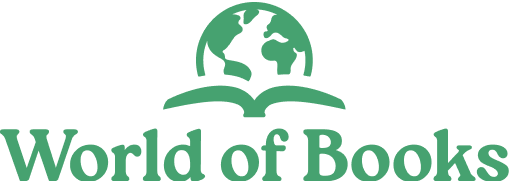
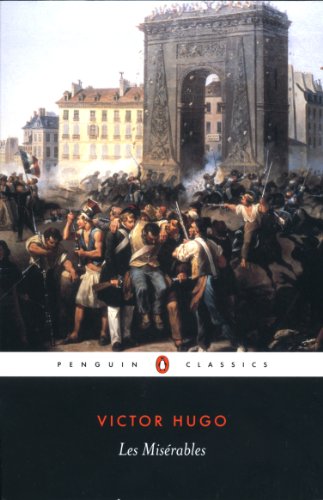

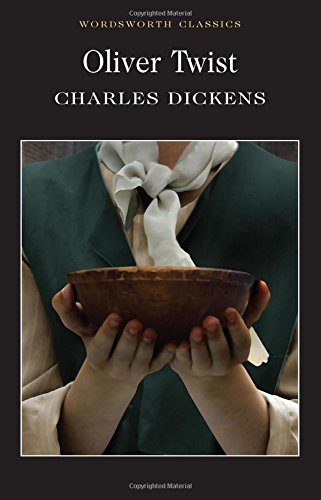
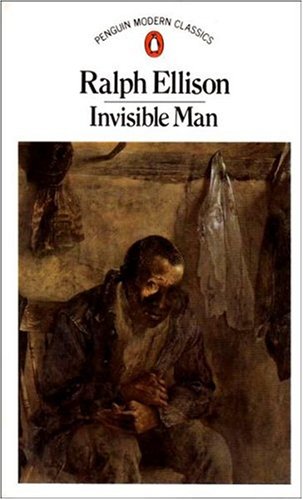
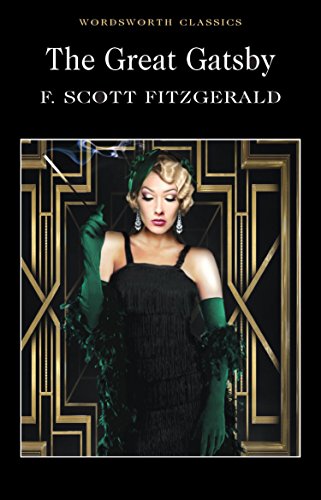
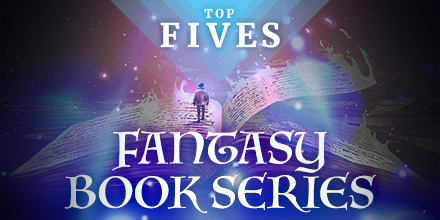
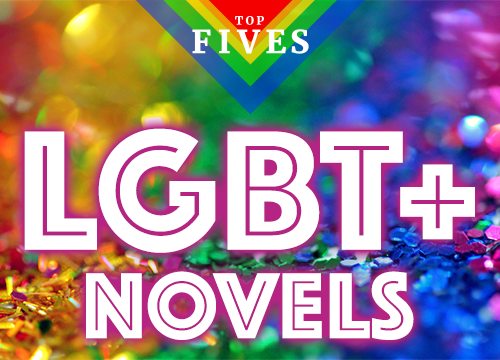
4 Comments
Please indicate C.S. Lewis books available
Looking for Screwtape letters
Hello Jacek!
Check out our selection of C. S. Lewis works here, including The Screwtape Letters: https://www.worldofbooks.com/en-gb/category/all?search=c%20s%20lewis
No Brontes!!! Wuthering Heights, the greatest love story ever written not on your list!!! Emily Bronte was a far, far greater writer than Jane Austen ever could have been for not only did she write such a superlative book but she also wrote some of the best poetry in the English language. No Jane Eyre or Tenant of Wildfell Hall either, both of them infinitely better than anything could have dreamed of producing. Wake up at the back and read something that will blow you away.
I agree with Lisa that Wuthering Heights should certainly have been included as one of the best books ever written. Charlotte Bronte’s Jane Eyre is also a great read. I love Pride and Prejudice and other Jane Austin books. I also like John Bunyan’s The Pilgrims Progress, which should be read in conjunction with M Ester Harding’s Jungian Psychoanalysis of the text, Journey Through the Soul.